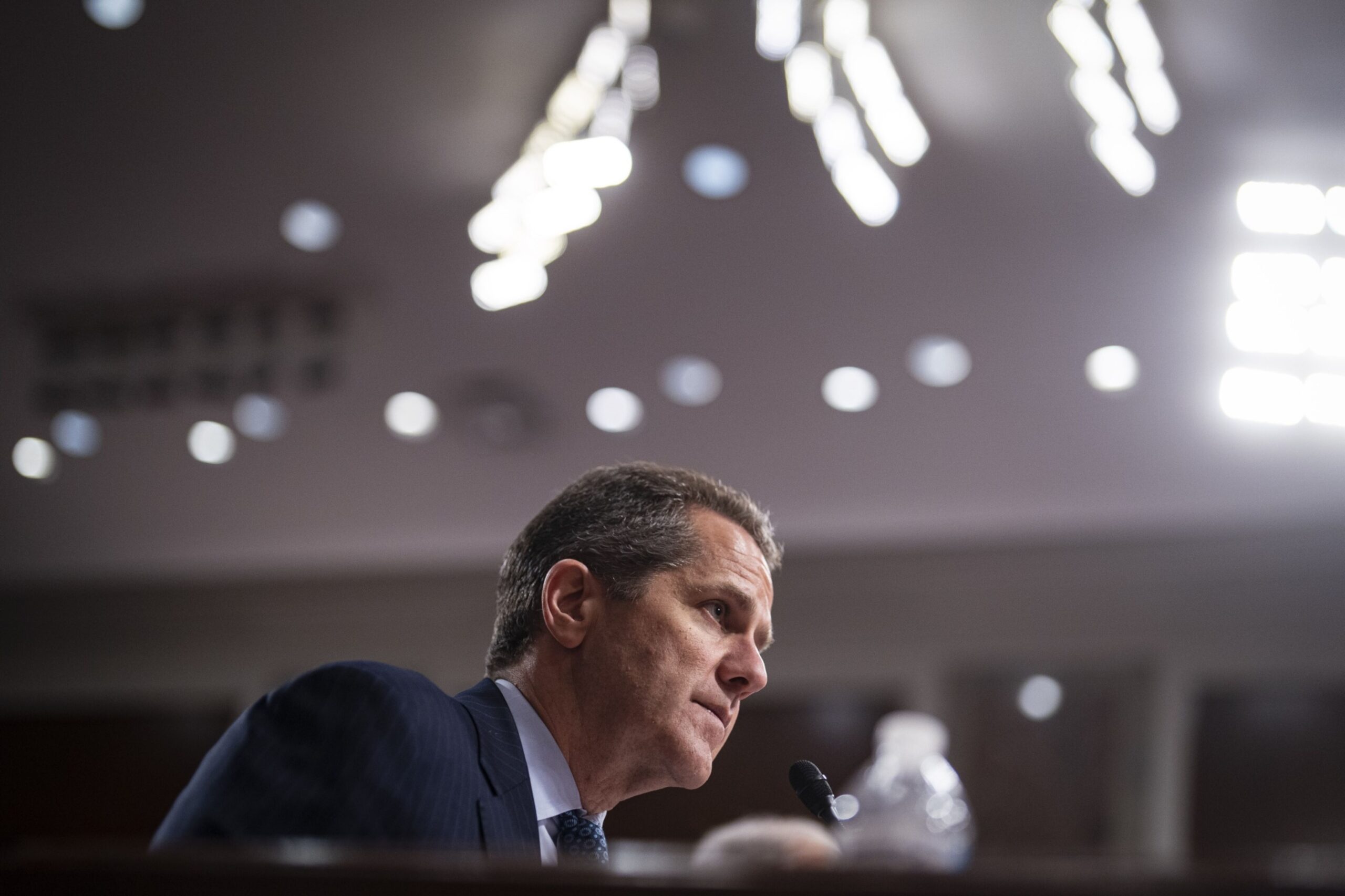Federal Reserve Governor Michael Barr has expressed concerns regarding the newly enacted GENIUS Act, highlighting significant “gaps” in the legislation that could impact the stability of stablecoins. Speaking at DC Fintech Week on October 12, 2023, Barr emphasized the need for stronger regulatory frameworks and consumer protections to ensure that stablecoins can function as secure payment instruments.
During his address, Barr stated, “Regulators have a lot of work to do to implement the act,” underlining the importance of robust oversight mechanisms. He pointed out that both federal and state regulators are now responsible for establishing rules governing stablecoins, particularly for nonbank issuers.
Need for Enhanced Regulations
Barr noted that the GENIUS Act, which became law in July 2023 under President Donald Trump, provides a foundational regulatory framework for digital assets. However, he argued that further regulatory measures are essential to address potential vulnerabilities. Specifically, he called for tighter controls over reserve assets, capital and liquidity requirements, and enhanced consumer protections.
“The GENIUS Act provides a helpful statutory framework,” Barr commented. “But it will be up to both the federal banking agencies and the states to coordinate and develop a comprehensive set of rules that can fill in important gaps and ensure that there are robust guardrails to protect users of stablecoins and mitigate broader risks to the financial system.”
Under the provisions of the GENIUS Act, federally insured depository institutions are permitted to issue payment stablecoins under supervision from their primary federal regulators. Nonbank companies can also enter the market but must secure approval from the Federal Reserve and comply with specific reserve, redemption, and risk-management standards.
Identifying Risks and Vulnerabilities
In his remarks, Barr raised concerns regarding the permitted reserves backing stablecoins, particularly the potential use of uninsured deposits and foreign government-authorized mediums of exchange, which could include cryptocurrencies. He warned that significant drops in cryptocurrency values could jeopardize the one-to-one backing of stablecoin liabilities.
Additionally, Barr highlighted that the act allows stablecoin issuers affiliated with banks to engage in a wide range of activities without adhering to standard capital requirements. This situation could pose risks to both the parent banks and the wider financial system. He stated, “Appropriate capital requirements are another area where coordination among federal and state regulators is key.”
Barr also identified deficiencies in consumer protections within the GENIUS Act. He noted the lack of clarity regarding what constitutes a stablecoin, which undermines the requirement for fraud protections that are typically expected for traditional payment instruments.
“Stablecoins have the potential to improve the efficiency of the payment system, particularly in cross-border applications,” Barr remarked. “For stablecoins to reach their potential, additional work is needed to create guardrails that protect households and businesses, and the financial system as a whole.”
As the implementation of the GENIUS Act unfolds over the next three years, regulators will need to establish comprehensive rules for banks and address the participation of nonbank issuers in the stablecoin market. The Federal Reserve will play a crucial role in developing the regulatory framework, as the stablecoin bill maintains that master account status for nonbank payment stablecoins will not explicitly restrict their access to the banking system.
In summary, while the GENIUS Act lays a crucial groundwork for the regulation of digital assets, Barr’s comments indicate that significant work remains to create a secure environment for stablecoin transactions.
